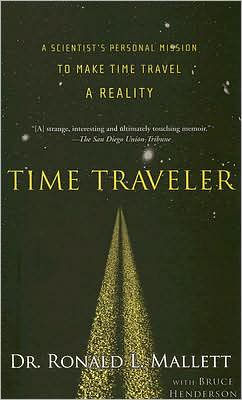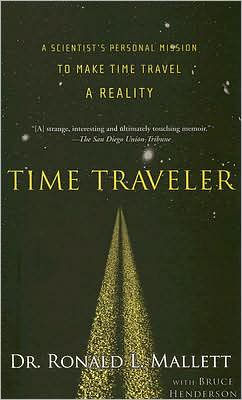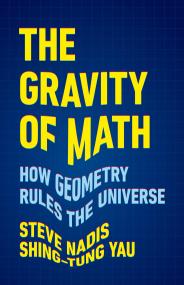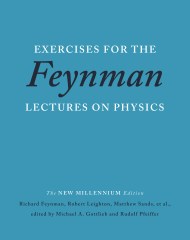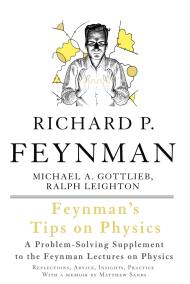By clicking “Accept,” you agree to the use of cookies and similar technologies on your device as set forth in our Cookie Policy and our Privacy Policy. Please note that certain cookies are essential for this website to function properly and do not require user consent to be deployed.
Time Traveler
A Scientist's Personal Mission to Make Time Travel a Reality
Contributors
By Bruce Henderson
Formats and Prices
- On Sale
- Nov 9, 2007
- Page Count
- 240 pages
- Publisher
- Basic Books
- ISBN-13
- 9781568583631
Price
$19.99Price
$25.99 CADFormat
Format:
- Trade Paperback $19.99 $25.99 CAD
- ebook $11.99 $15.99 CAD
This item is a preorder. Your payment method will be charged immediately, and the product is expected to ship on or around November 9, 2007. This date is subject to change due to shipping delays beyond our control.
Buy from Other Retailers:
Genre:
Newsletter Signup
By clicking ‘Sign Up,’ I acknowledge that I have read and agree to Hachette Book Group’s Privacy Policy and Terms of Use
